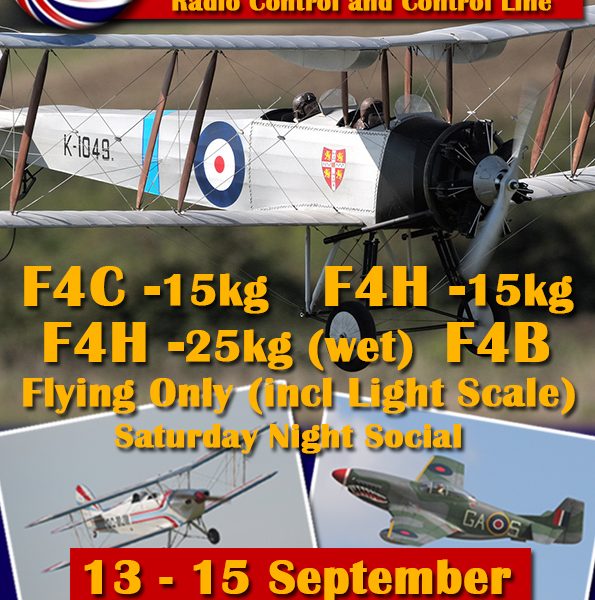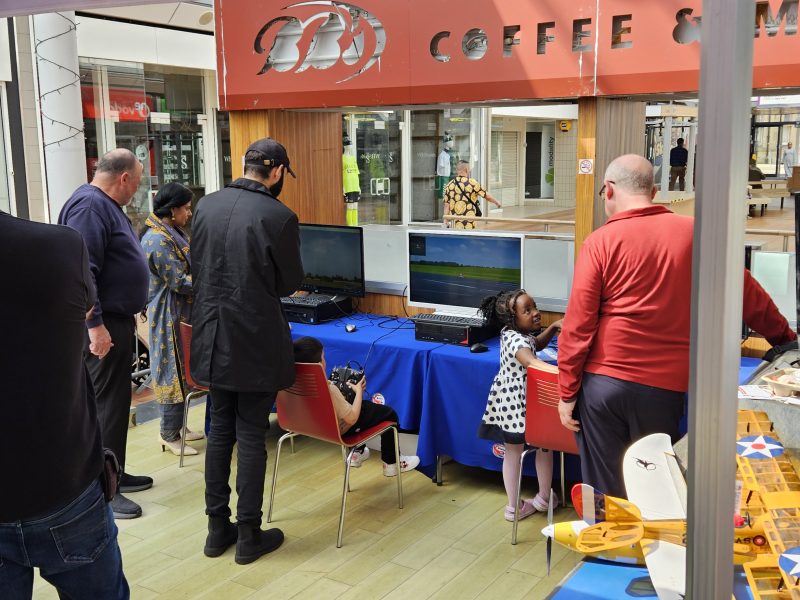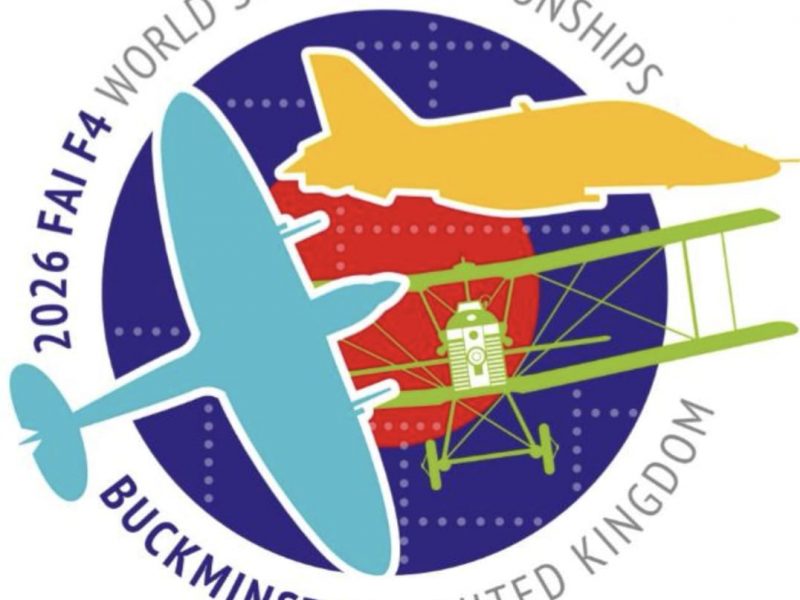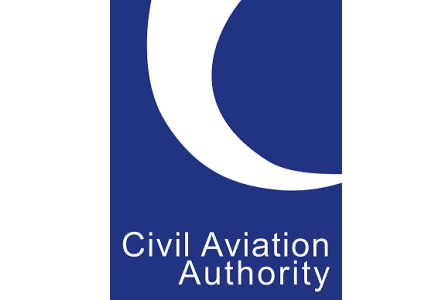Instructors’ Responsibilities
Instructors, especially those working with children or vulnerable adults, should display exemplary standards of conduct at all times.
Note: Although the term “instructor” is used, it also encompasses those persons teaching or assisting in schools or youth groups. E.g. model aircraft workshops, presentations on model aircraft flying, buddy box flying etc.
In addition, instructors should consider the following points when dealing with trainees:
- Instructors should place the well-being and safety of the trainee above the development of performance. The BMFA publishes Guidelines for Instructors which should be referred to when required.
- Instructors should always strive to develop a good working relationship with trainees (especially children and vulnerable adults) based on mutual trust and respect. Instructors must not exert undue influence to obtain personal benefit or reward nor abuse their position of trust.
- Instructors should encourage and guide trainees to accept responsibility for their own behaviour, standards of flying and adopting safe procedures.
- Flying instructors may hold a BMFA Approved Instructor qualification or they may apply to their club for inclusion in the BMFA Registered Club Instructor scheme. In either case they should try to ensure that their instruction and knowledge are to current best practice.
- Instructors must take care that activities which may entail increased risks (e.g. starting and handling internal combustion engines or electric motors) are carefully supervised.
- Instructors should at the outset make it clear to the trainee exactly what is expected of them and what the trainee is entitled to expect from the instructor. In addition, it may be appropriate to consult with parents or carers.
- Instructors should fully co-operate with all other interested parties (e.g. other instructors, the club, the school or youth group and the BMFA) in the best interests of the trainee.
- Instructors should always promote the positive aspects of model flying (e.g. compliance with BMFA recommendations and club rules) and never condone unsafe or unacceptable behaviour, or practice.
Next - Code Of Ethics And Conduct
- Introduction
- The Principles of Safeguarding
- The ‘FIVE STEP’ Plan for Clubs
- Guide on Club Policy – Generic Template
- Selection Of Club Members Working Directly With Children Or Vulnerable Adults
- Role Of The Club Welfare Officer
- Instructors’ Responsibilities
- Code Of Ethics And Conduct
- A Guide To Good Safeguarding Practice
- Guidelines for Parents, Guardians and Carers
- The Use Of Photographs And Images Of Children
- Responding To Suspicions Or Allegations
- Dealing With Alleged Abuse
- Dealing With Poor Practice
- Useful Contacts For Clubs
- Appendix A – Generic Template For Club Rules
- Appendix B – What Is Abuse?
- Appendix C – BMFA Incident Reporting Form




